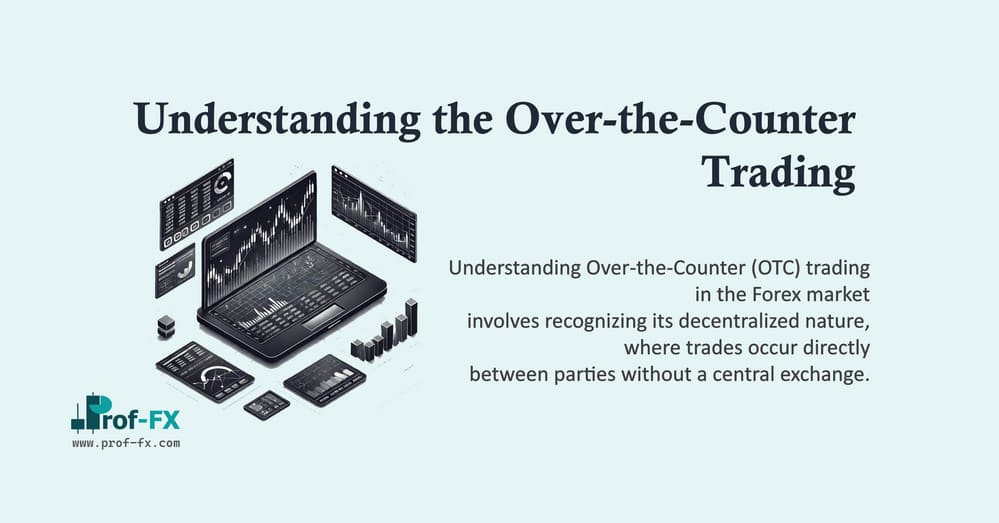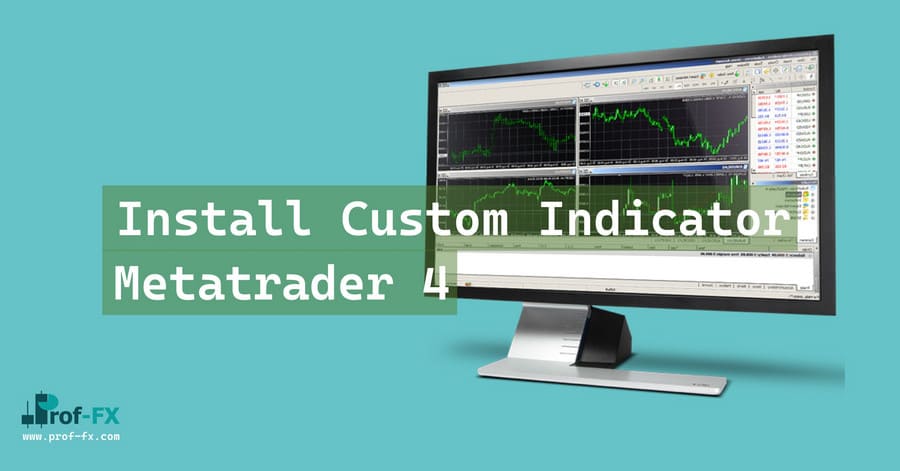Inflation announcements report on how quickly or slowly the general price level in the economy is rising. Monitoring inflation is important because inflation erodes buying power. Rising inflation is a sign that an economy may be expanding too rapidly. Falling inflation is a sign that an economy may be contracting too sharply.
Inflation data are released in a few different announcements, and it is important that you pay attention to each of them. Here are the three most important inflation announcements that you need to watch:
- Consumer price index (CPI): Measurement of the price changes in a basket of goods and services that retail consumers purchase
- Personal consumption expenditures (PCE): Another measurement of the price changes in goods and services that retail consumers purchase
- Producer price index (PPI): Measurement of the price changes in goods and services that businesses purchase
Impact on Trade Flows
Rising Inflation -> Less Money in Consumers’ Pockets->Decreased Demand for Imports
Falling Inflation -> More Money in Consumers’ Pockets -> Increased Demand for Imports
Impact on Investment Flows
Rising Inflation ->Weakening Currency Loss of Value of Domestic Assets for Foreign Investors -> Decreased Investment Flows
Declining Inflation -> Stabilizing Currency -> No Loss of Value of Domestic Assets for Foreign Investors Stable -> Investment Plows
Impact on Money Supply
Rising Inflation -> Central Bank Raising Interest Rates to Prevent the Economy From Overheating -> Decrease in the Money Supply
Declining Inflation -> Central Bank Lowering Interest Rates to Stimulate the Economy -> Increase in the Money Supply
Impact on Investor Fear
Rising Inflation -> Nervous Investors
Declining Inflation -> Confident Investors
Typical Impact on the Currency
Rising Inflation -> Weaker Currency
Falling Inflation -> Stronger Currency










